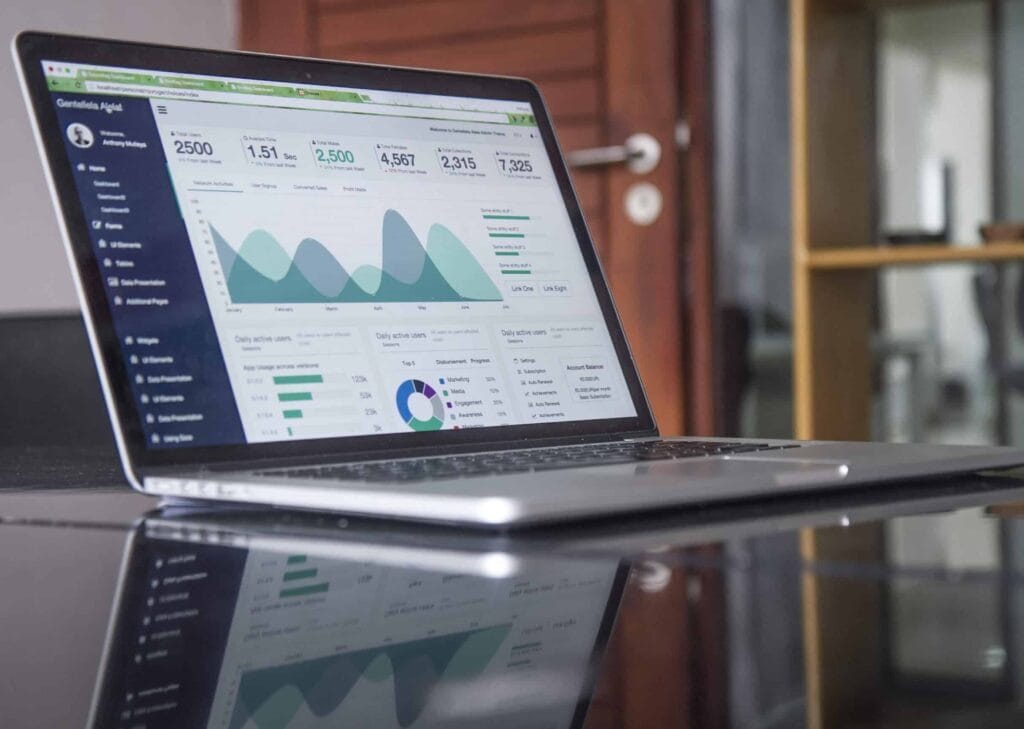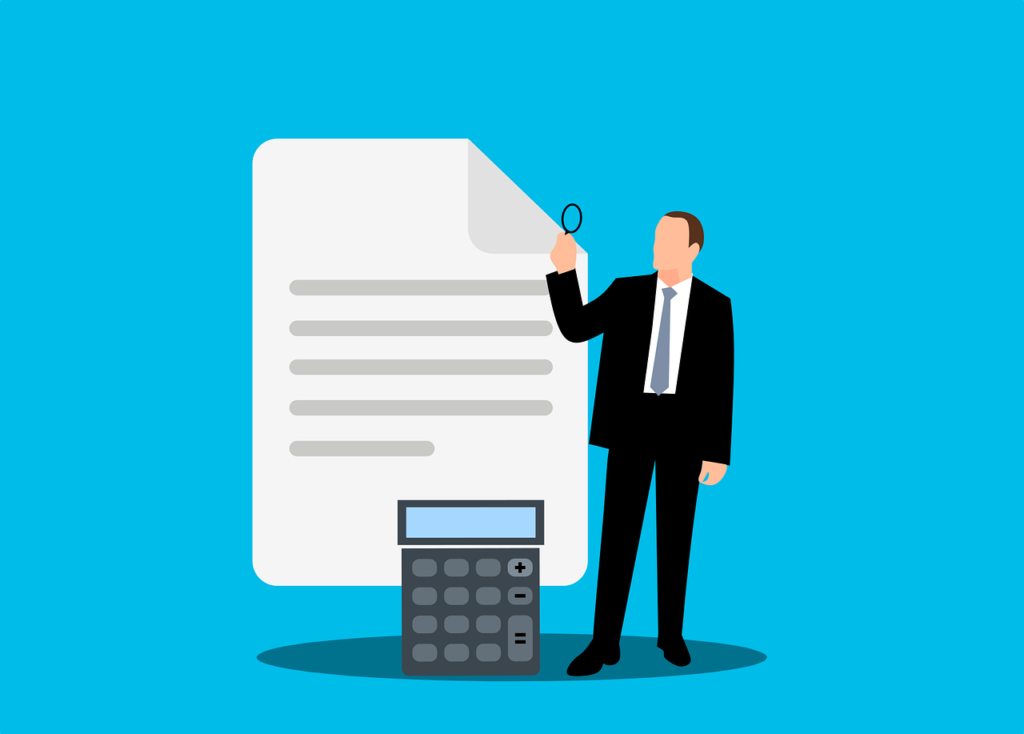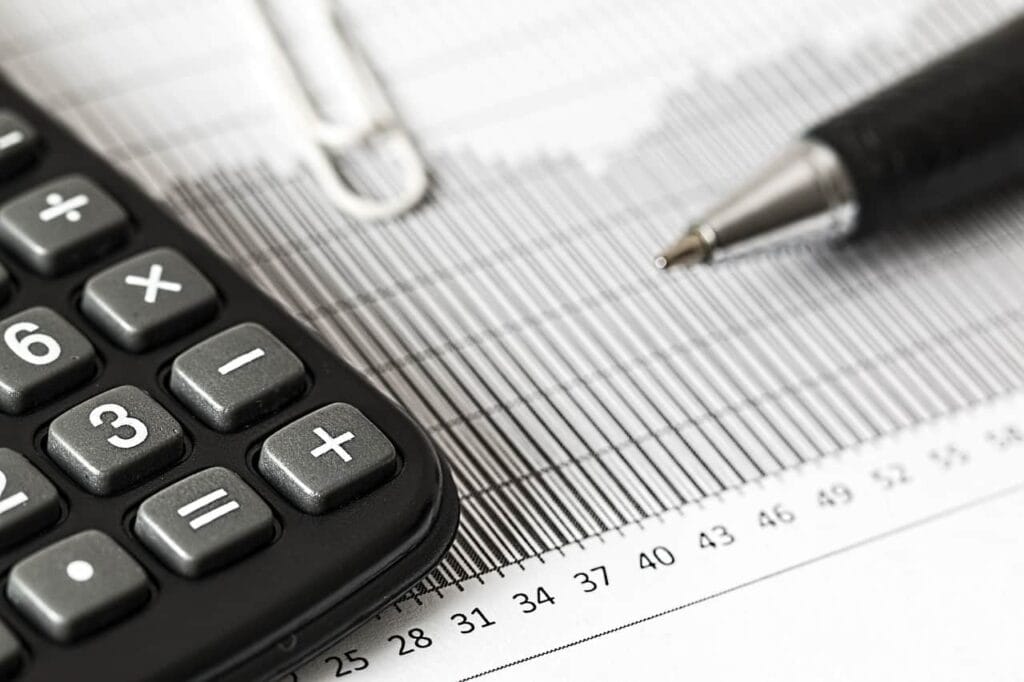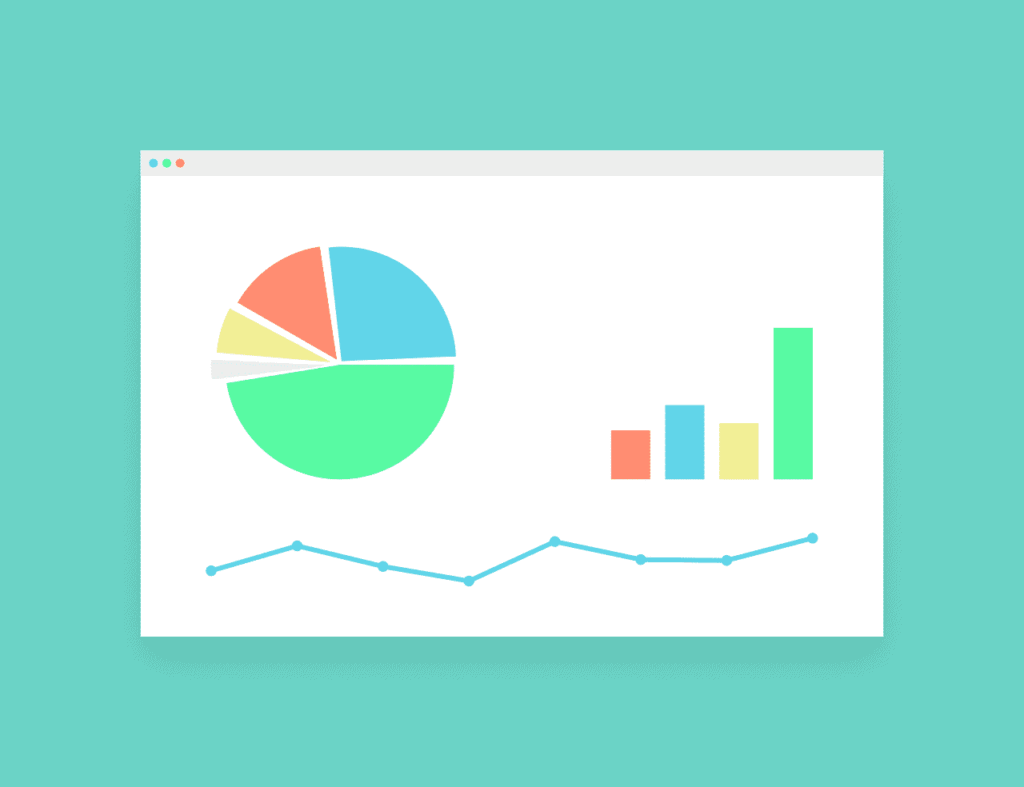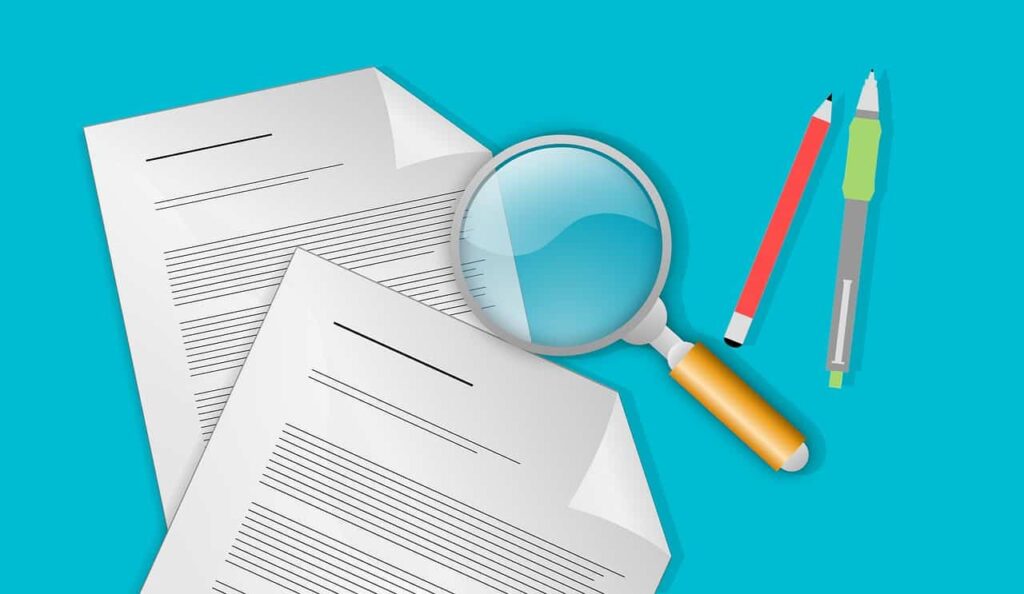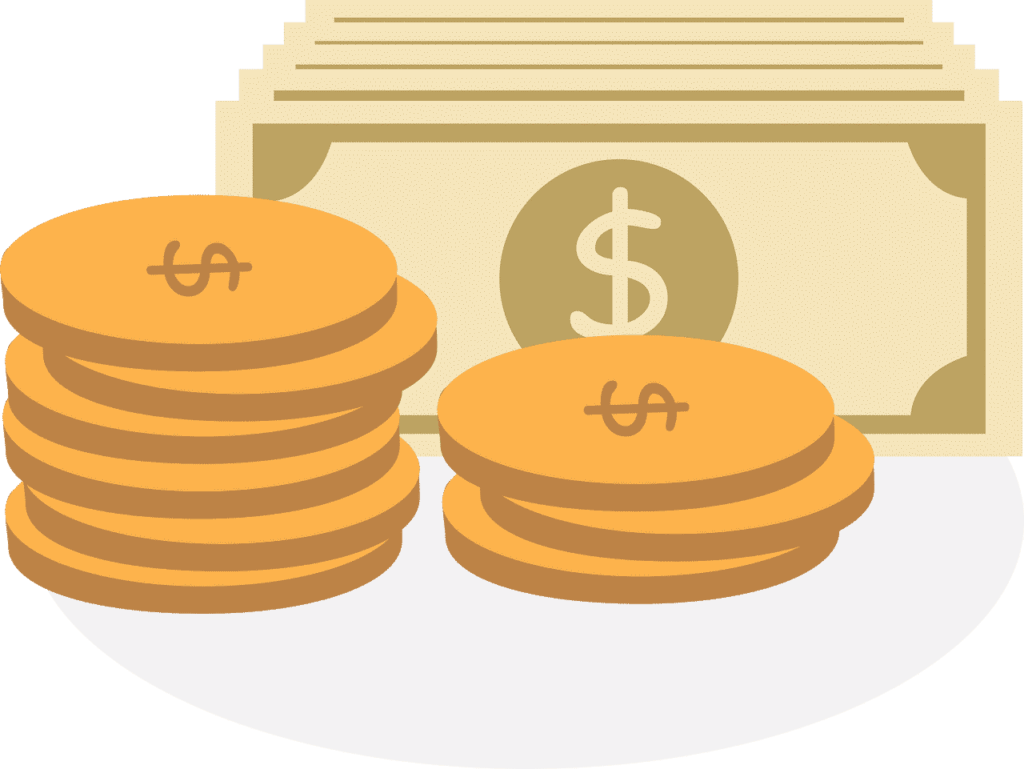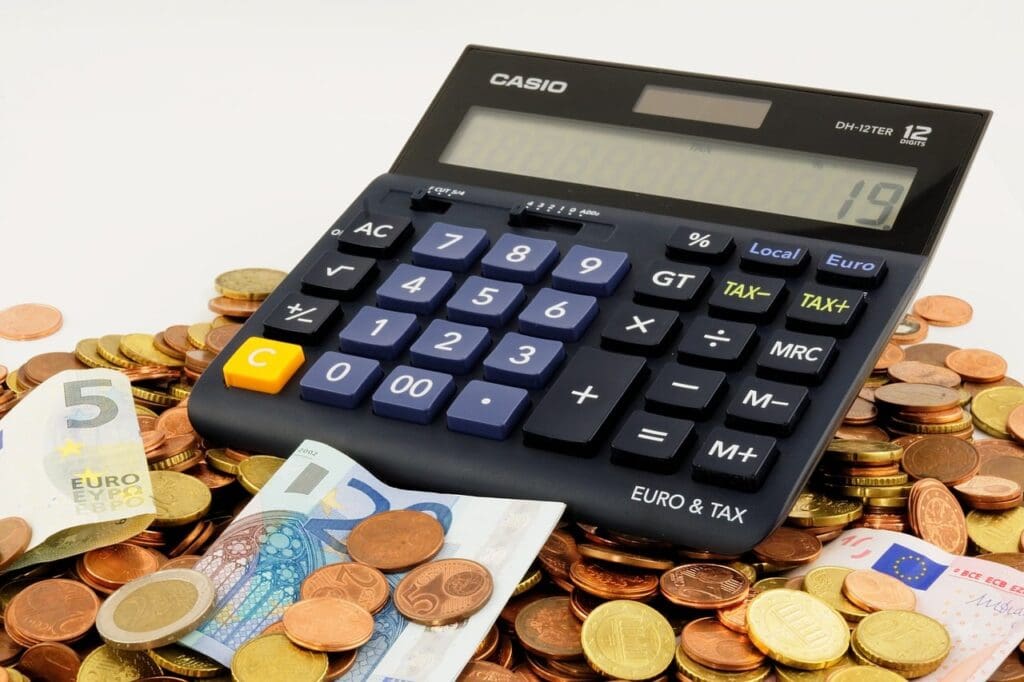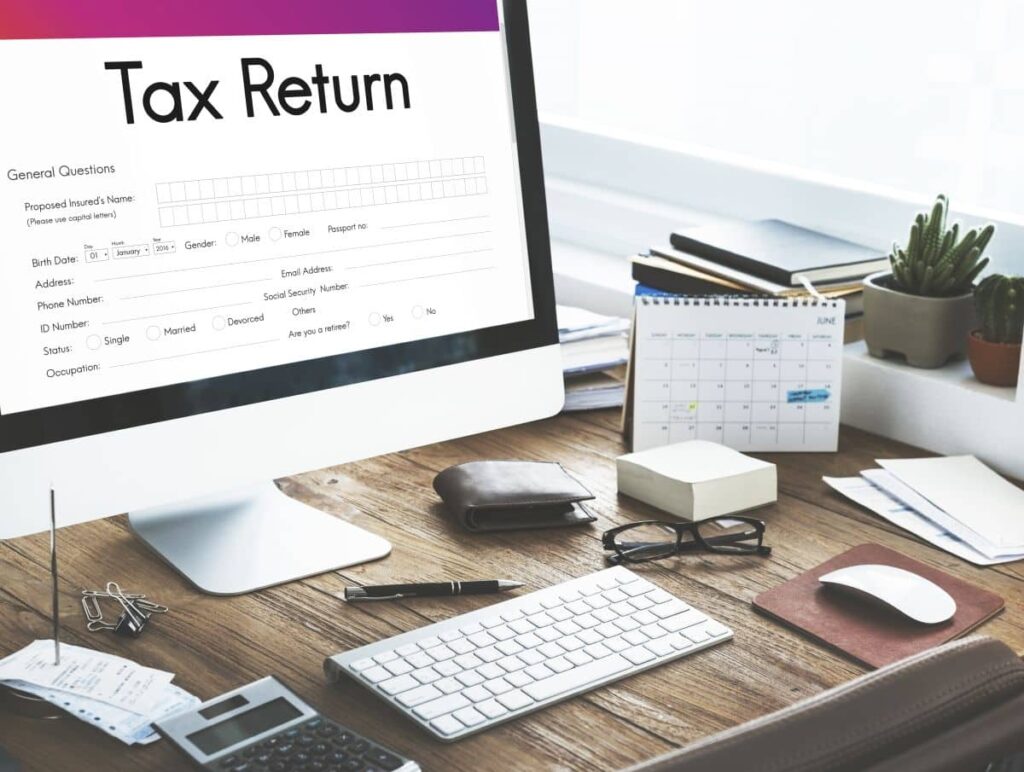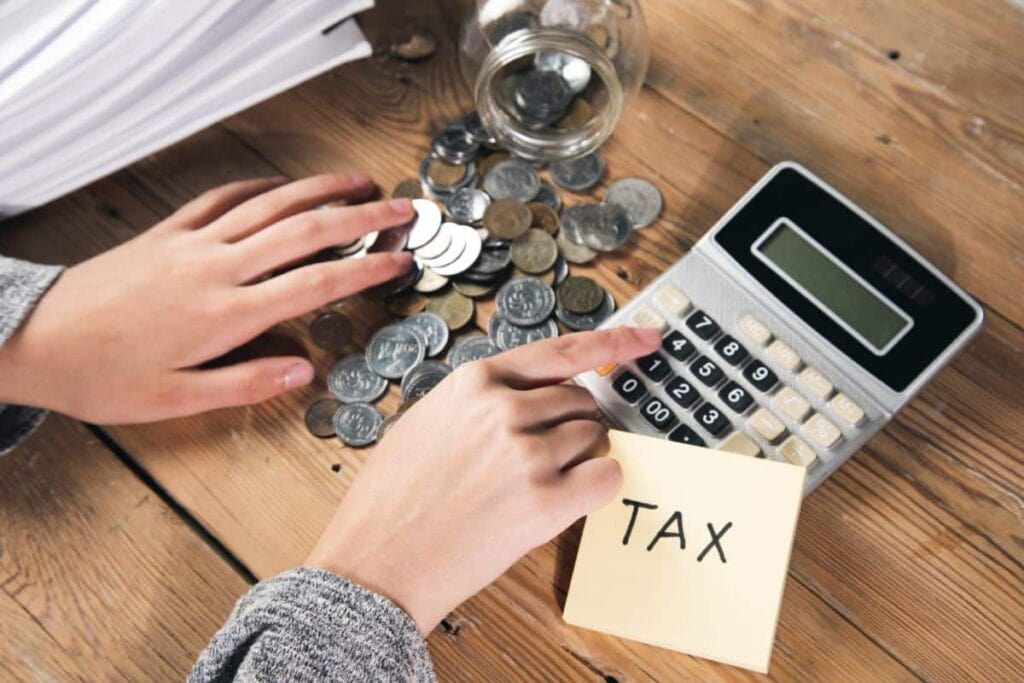Tax Tips For Your Side Hustle
Have you given any thought to the possibility of beginning a side business to assist in boosting your current income? If this is the case, you should be aware of the many tax ramifications that result from this situation. This post will provide an overview of the fundamentals as well as some advice on how to deal with them.
The payment of taxes is no longer limited to large corporations alone. Whether it's painting houses on the weekends or providing math tutoring to children after work, an increasing number of people are starting their businesses these days as a means of supplementing their income.
However, despite the fact that these people can have very little money coming from their employers, they are still required to pay taxes, which can be challenging for them to accomplish if they are unaware of the deductions that are open to them.
There are a lot of folks that have a second job. If you are one of them, you need to ensure that you are familiar with the types of taxes that pertain to your company as well as the proper way to file those taxes. This is of the utmost significance whether you engage in any form of freelancing or any other work that is in any way associated with the digital economy.
In this post, we will go over some fundamental tax advice for when you are operating a side business in Australia, as well as discuss some typical questions regarding the filing of taxes related to your side business.
Genius Tax Tips For Your Side Hustle
Although it is not a particularly exciting aspect of being an entrepreneur or successful, this is nonetheless one of the most crucial aspects. The more zeros you have in your bank account, the more work you will have to put in to ensure that you are in compliance with financial standards.
Rather than doing the bare minimum to make the taxman happy, it can result in more money in your pocket if you wise up to the complexities of the rules and apply them appropriately. Every dollar counts when you're running a side business or a brand new startup, so it's in your best interest to arm yourself with as much information as possible when it comes to filing your taxes.
Mark Chapman, Director of Tax Communications at H&R Block, has provided us with the inside scoop on how to approach tax preparation as a new business owner. Mark is undoubtedly familiar with the ins and outs of the process because the company he works for produces nearly 800,000 tax returns annually from 470 offices spread across the country. He has given us some excellent suggestions regarding taxes, which you can read in their entirety down below:
Make a Declaration of Your Income
If you own and operate a business, you are required to pay taxes on the total amount of income generated by that business. Therefore, each sale that you make will be included in the calculation of your taxable turnover and will need to be reported on your tax return for the current year. If you are paid in cash, you are required by law to report that income. The ATO is able to catch a significant number of companies that, for whatever reason, do not report their cash sales.
In addition, you are required to register for GST if the annual revenue of your business is more than $75,000 or even if it appears that the annual revenue might surpass $75,000 in the near future. This tax of ten percent is charged to each and every one of your taxable sales, and it must be transferred to the ATO on a quarterly basis. You are able to reduce the amount of GST that you owe by offsetting the GST that you pay on your purchases and expenses against the GST that you owe; the government only receives the net amount.
It is crucial that you keep track of your revenue, which implies that you need to keep solid records of this information. There are many different accounting software packages available that can assist you in staying on top of your finances; however, if you are not someone who is good with numbers, you might want to think about hiring a professional bookkeeper to perform the job for you. Even if there is an additional expense involved, there is one less stressful activity that needs to be worried about.
Claim Your Deductions
You are allowed to deduct from your profits the total amount that you spend on purchases and expenses that are directly related to your company. After then, the difference between your taxable income and your allowable deductions is subject to taxation.
Consequently, you should make sure that you claim all of your company's expenses, whether those charges are the cost of purchasing stock, heating your workplace, marketing your brand, or travelling to meet consumers (or any of the numerous other expenses you might incur).
When it comes to deductions, the most important rules to keep in mind are as follows:
- The expense must have been incurred by your company's business.
- The expense has to be related to your company's operations and cannot be personal or household-related in any way (which means you can't claim the money you spend on your weekly groceries or your utility bills).
- Any costs that are partly related to running a business and partly to personal or family matters need to have their proportions determined (which can be crucial if, for instance, you run your business from home and can claim home office costs)
- Make certain that you can provide evidence that the money was spent by your company. An invoice or receipt is the preferred form of documentation, however, in many situations, a bank or credit card statement can also serve this purpose.
Ensure That Your Structure Is Correct
Do you want to be a sole proprietor if you are beginning a new business, or do you want to operate the organization through a company or a trust? It's possible that you haven't given it any thought, but this is an important question, and if you make the incorrect option, you may have to live with the consequences of that choice for a good number of years.
Although companies often pay taxes at a lower rate than individuals, there are a great many other considerations that must be taken into account. For instance, if you choose to conduct business on your own as a sole proprietor and you work in an industry that has a high potential for legal conflict (like being a surgeon, for instance), you may find that all of your personal assets, including your house, are at risk in the event that you are taken to court.
Consequently, establishing yourself as a company will safeguard your personal assets. Trusts are essential tools for protecting one's assets and also make it possible to distribute a portion of the profits from a business to one's family members.
Get professional guidance before you start doing anything else related to the business structure, as this is the most important piece of advice I can provide you. If you get sound counsel now, it could save you money on taxes later on, in addition to helping you sleep better at night.
Take Advantage of the Tax Breaks
It's not all terrible news about taxes. If you are aware of how to take advantage of the available tax credits and deductions, you will be able to save your new company a lot of money.
To begin, if you need to buy any capital equipment for your business, such as a car, a van, computer equipment, office furniture, or a plant to manufacture a product, you can claim an immediate deduction for the full cost of each capital item that costs less than $25,000. This includes things like a car, a van, computer equipment, office furniture, and a plant to manufacture a product (as opposed to writing off the cost over several years, which is how these assets are normally treated). Because this particular offer will no longer be valid after the 30th of June in 2020, you should make the most of it while you still can.
In addition, while you are still evaluating the viability of your new business, you might be able to claim deductions for expenses you incur, despite the fact that the business has not yet begun (and indeed, may never begin if your research reveals that the business isn't viable). This is because you are still evaluating the viability of the business. The cost of getting professional guidance on how to structure your firm, conducting market research, and drafting a business strategy are all examples of expenses that may be tax-deductible.
Set Money Aside For Your Taxes
This may sound plain sense, but sadly, one of the most common mistakes that new businesses make is forgetting to set money aside to pay taxes. This is one of the most common problems that new businesses fall into." Especially if you've just left a job that paid you, you've undoubtedly used to having your employer withhold taxes from your paycheck before sending them to the government. But since you are now running your own business under your name, nobody is going to be able to deduct anything from your income. As a result, you will need to manage your cash flow in a proactive manner in order to save money for any future tax obligations.
Keep in mind that the most important thing for small businesses is their cash flow. If your customers aren't paying your invoices, you'll have trouble paying your debts, and the ATO is one organization that you most certainly do not want to end up in debt to. Therefore, even if it appears that you are conducting business in a profitable manner, you will still struggle to pay your debts if your customers aren't paying their bills.
Tax Tips For When You're Running A Side Hustle
The time of year when taxes are due doesn't have to be as stressful for you as you might think (we guarantee!). You may certainly come up with a million enjoyable things to do right now that have nothing to do with taxes. We completely understand how frustrating it can be to figure out various financial matters.
But it doesn't have to be as unpleasant as you think (we swear!). Whether you have a part-time job, have recently begun earning money from a pastime you enjoy, or have recently made the transition into full-time self-employment (hooray! ), it is extremely necessary – and not at all impossible – to get your mind around the tax system. And, hey, the fact that you've found yourself on this particular page is a fine place to start.
Amanda Newton is a professional accountant, a former small-business owner, and the General Manager of Partner Experience at Xero; to put it simply, she knows what she's talking about. With her assistance, we've put together an explainer.
Warning: the following information may contain references to Australian taxes law; nevertheless, it is not intended to be relied upon as legal advice, accounting advice, or tax advice. Make sure you obtain some unbiased, professional assistance if you're unsure.
I have a full-time job in addition to a side venture that brings in some additional income. Should I report those additional earnings to the tax man? Yes. If you operate your side gig as if it were a business, you are required to report any earnings, regardless of how much money you bring in. This is true regardless of the amount.
How Can I Determine If What I Do Is a Hobby or an Actual Business?
There is no one criterion that can definitively tell you if you have a business or not. If, on the other hand, you approach your endeavour in a business-like manner – for instance, you make or do things in order to make a profit, advertise your services or wares, have an ABN (Australian Business Number), and believe that your hustle is going to grow over time – then you are probably running a business.
The Australian Taxation Office (ATO) provides online sellers with a more in-depth breakdown as well as a fun quiz, both of which will assist you in determining whether you are engaged in a business or a hobby with your endeavour.
Is There A Financial Reason To Turn My Hobby Into A Business?
The ability to claim tax deductions for business expenses is the primary perk of doing so (and, therefore, potentially paying less tax). You can also register for a domain ending in.com.au to gain access to government concessions for commercial enterprises.
I've come to the conclusion that I'm running a business. Which tax requirements do I have to fulfil? The structure of your company will determine the answer to this question. There are distinct legal responsibilities associated with each of the four most frequent organizational forms for businesses: the sole proprietorship, the partnership, the corporation, and the trust. Talk to an accountant at an early stage of the process, and give some thought to the organizational structure that might work best for you.
If what you do is going to be a side hustle or a business that only involves you, you might want to begin your endeavour as a sole trader because it will allow you to keep your firm on a smaller scale. After that, all you need to do to start a business is apply for an Australian Business Number (ABN). On the other hand, if you believe that it will be more difficult, if you want other people to be involved, or if you really want to expand it into something greater in the future, you might want to think about forming a partnership or a business.
If you are a sole trader and have an ABN, you are required to record the revenue from your firm on an annual basis as part of the individual tax return you submit. This is due to the fact that different types of business arrangements call for different types of tax returns.
When is the latest date I may submit my tax payment?
There are several timetables that correspond to the various types of enterprises. For instance, if you are self-employed and do not have a GST registration, your yearly reporting deadline is the 31st of October. This is the case regardless of whether or not you are registered for GST. You have until May 15 of the following year to submit that, provided that you do so through a tax agent. If you are a small business that processes payroll and you are enrolled for Single Touch Payroll (STP), then you have a variety of filing dates during the course of the year.
You are only required to register for GST (goods and services tax) if your company makes (or you expect it to make) $75,000 a year or more in revenue before the end of the tax year. If this is the case, you will be required to add a GST of 10% to the total amount of what you sell. In addition to that, you will be required to submit a business activity statement (BAS). The majority of companies submit these on a quarterly basis, however, the timing can shift based on the specifics of your situation.
What’s The Deal With Expense Claims And Deductions?
In a word, lowering your taxable income by claiming deductions for your costs can help. It is in your best interest to keep track of all of your business expenditures throughout the year. This covers everything from office supplies to a brand new laptop that you have purchased for your company. Keep the receipt in your possession at all times, even if you have doubts. This is a guide to what costs you can and cannot claim provided by the ATO. (A qualified tax advisor or accountant will also be able to assist you during this procedure.)
How can I protect myself from getting a tax charge that I wasn't expecting? If you have been keeping tabs on your company throughout the year and have noticed that it is thriving, it is a good idea to put money away on a regular basis to pay your taxes. This will prevent you from being taken aback by the amount of money owed when you file your return. You can get assistance from a tax consultant to determine how much you would have to pay, and then you can start setting aside a portion of that total amount approximately every two weeks. You may plan ahead and get an estimate of how much tax you will owe by using the tax calculator that the ATO provides.
What are PAYG Instalments?
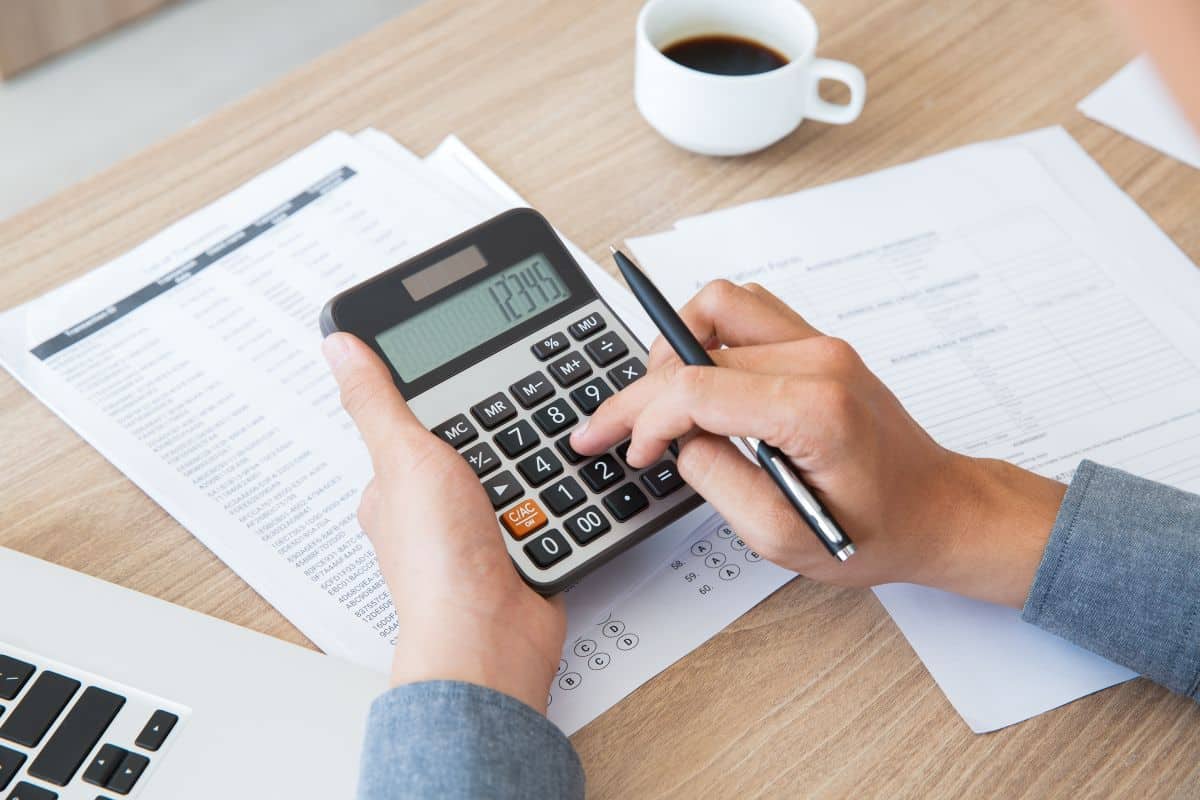
Instead of making one large payment to the ATO at the end of each fiscal year, you can make your tax payments to them directly in regular instalments using this method instead. You can sign up to pay tax on a voluntary basis throughout the year even if your company is still in its infancy, but you are confident that it will bring in a healthy profit if you choose to do so (this is usually in quarterly payments). It is similar to being required to save money so that you would not run out of money in the future.
Bear in mind that the ATO will sign you up for PAYG instalments automatically if your business income reaches a certain threshold, and it will automatically remove you from the system when you no longer meet that threshold. If your business income falls below that threshold, the ATO will not sign you up for PAYG instalments.
How Can I Make Tax Time Less Stressful?
The most important thing is to simplify everything as much as you can. Twenty years ago, everyone saved their receipts in a box and manually typed them into a spreadsheet. Today, thanks to technology, things have become lot simpler for us. A piece of software such as Hubdoc will take images of your receipts and upload them automatically to your accounting software. This will ensure that the data is there for you whenever you require it. Systems such as Xero will reveal to you how much money you made in a given year, monitor how well your company is doing on a month-to-month basis, and make it possible for you to access this information right now.
Consult a tax professional if you are having trouble keeping track of everything; the charge for their services is deductible from your taxes. When you're first getting started, you might not believe that you're making enough money to justify hiring a tax agent. However, in the long run, doing so might prove to be an investment that was well worth it. It may do a lot to put you up on the correct route to get you started, especially if you get the right counsel early on from someone who specializes in your area of work and is familiar with the nuances of your sector.
What should people know about taxes before starting a business on the side?
When starting a business, the majority of people choose to do so under their own names. They should get an Australian Business Number (ABN) under their own name and open a separate bank account if they are serious about beginning a business under their own identity. If a person has a full-time salary of say $60,000 and earns a net business profit of, say, $20,000, the tax rate on their net business profit is 34.5 percent, which results in a tax liability of $6,900. This is because the tax rate on business net profits is higher than the tax rate on personal income. If this is your first year operating a business, you will be responsible for paying all of the applicable taxes all at once.
Can you earn money from a hobby without paying tax?
It is dependent on a number of distinct aspects. In most cases, the government does not consider the net income that is generated from a pastime to be taxable. If the ATO determines that your action is, in fact, the operation of a business, then and only then is it taxed. The ATO website does contain some useful information; however, the data is not presented in a black-and-white fashion. The operation of a business is characterized by the following characteristics:
In most cases, a hobby does not involve any of the aforementioned components.
How much money can you make on the side before paying taxes?
If the Australian Taxation Office (ATO) views your hobby as a business, then the amount of money you make from it after expenses is subject to taxation. The amount of tax that you are responsible for paying is determined not only by the amount of taxable income that you have, such as salary and wage income, interest income, and any other investment income but also by the amount of taxable income that you have from your activity, which is the difference between your gross income and your expenses. If your only source of income is the Net Income from your Business and you do not have any other sources of taxable income, then you are allowed to earn up to $21,885 without having to pay any federal income tax.
If you have income from salary and wages, you will almost certainly have to pay tax beginning with the first dollar of your net income. This is the case, provided that your salary and wage income is greater than $21,885 a year.
Is it possible to avoid paying tax on money earned from hobbies?
If the Australian Taxation Office (ATO) views your hobby as a business, then the amount of money you make from it after expenses is subject to taxation. The amount of tax that you are responsible for paying is determined not only by the amount of taxable income that you have, such as salary and wage income, interest income, and any other investment income but also by the amount of taxable income that you have from your activity, which is the difference between your gross income and your expenses. If your only source of income is the Net Income from your Business and you do not have any other sources of taxable income, then you are allowed to earn up to $21,885 without having to pay any federal income tax.
If you have income from salaries and wages, you will almost certainly have to pay tax beginning with the first dollar of your net income. This is the case assuming that your combined salary and wage income is higher than $21,885.
What is the biggest mistake that sole traders and self-employed people make when it comes to managing their finances – especially in relation to tax?
It would be due to the failure to retain accurate accounting records in my experience. If you are serious about becoming a business owner and the business is run in your personal name, the first step is to apply for an ABN, and then the second step is to open a separate bank account that is only used to deposit income earned from the business and pay expenses incurred by the business. If you are serious about becoming a business owner, the first step is to apply for an ABN, and then the second step is to open a separate bank.
What are some common deductions for self-employed people? Are there any that often get overlooked?
The answer to that question is dependent on the kind of company that you run. In general, if you run a service-oriented business out of your house, you may be eligible to claim expenses related to your home office, as well as those related to travel between jobs and equipment of your trade. The cost of the products and materials that are being sold represents the majority of the costs incurred by a company whose primary activity is the sale of goods.
It's easy to forget about the costs of running a home office. If travel is a significant component of your business, you will need to figure out how to claim your motor vehicle expenses. There are two primary ways to do this: the first is to keep a logbook, which involves claiming a business percentage of your car expenses; the second is to use a mileage reimbursement program. The alternate approach is called the cents per kilometer method, and it requires you to keep a log of all of your professional transportation. It is important to note that the most mileage that can be claimed using this approach in one calendar year is 5,000 kilometers. If you drive a significant amount, using the logbook technique to calculate your mileage will likely result in a larger tax benefit for you.
How does the tax-free threshold work with a second job or business?
It is safe to say that it has been more or less taken care of for a business. After the first year that you are in the company, provided that you are earning a profit and contributing to the government coffers, you will most likely be placed on the pay-as-you-go (PAYG) system. This means that you submit an income tax return quarterly for the business income you made.
Because you are unable to claim the tax-free threshold for a second job, the amount of PAYG Withholding tax that is collected from your income is at a higher rate in comparison to the rate at which it was deducted from your pay for your primary employment.
The filing of your income tax return brings the income tax for the relevant fiscal year to a state of equilibrium. In the event that you have not paid enough amount of PAYG Withholding tax and/or PAYG Instalments, you will be required to pay additional income tax after you have submitted your income tax return in order to make up the difference. On the other hand, if you have overpaid your taxes throughout the year, you can anticipate getting a tax refund once you have filed your income tax return and proven that you are eligible for one.
If I were going to start a side business, and you could only give me one piece of advice, what would it be?
To be conservative and not quit your day job. It is very tough but a new business starting out makes losses in the first year or so. You still need to continue living and pay all regular living expenses such as your mortgage payments (or rent), groceries, power and gas, and all the necessities. You still need some income to pay for your necessary expenses.




